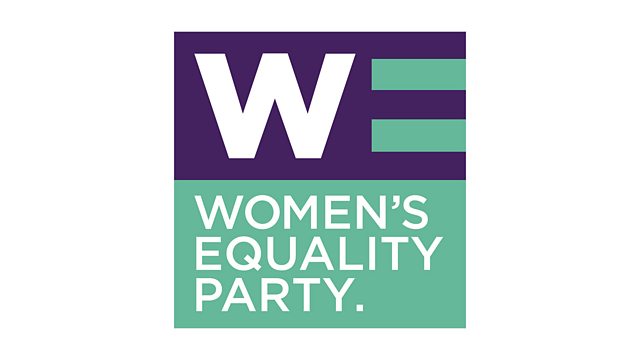This month, the Women’s Equality Party (WEP) held their annual feminist festival ‘WEPstock’, an homage to the original blueprint for festivals Woodstock, during which participants shared ideas, promoted campaigns, and discussed experiences of prejudice. The festival shone a light on feminist visions for the future which focused on themes such as violence against women and girls, sexual harassment, and the impact everyday campaigning can make.
I was lucky enough to deliver a talk on day two of the festival with journalist and former WEP candidate Jenny Selby, who asked about the national campaign I led to end tampon tax, the widespread nature of period poverty and the potential impact of the new Relationships and Sex Education (RSE) curriculum. We explored what policy changes are evolving to tackle period poverty, which relates to a lack of access to menstrual products. Unfortunately, this problem has increased over lockdown and causes pupils to miss classes every month, with recent figures estimating that more than one in ten girls aged 14-21 had not been able to afford period products during the pandemic. We acknowledged Scotland’s key role in spearheading government efforts to eradicate period poverty, when it became the first country in history to offer free period products to anyone who needs them. Gabby Edlin, CEO of Bloody Good Period, is lobbying Westminster to adopt a similar policy which will help widen access to period products across the UK. Her petition offers everyone a chance to help end period poverty by supporting her campaign and mission.
WEP leader Mandu Reid kicked off the four day event, reflecting on her time as the UK’s first black female leader of a political party and her campaign to tackle the rise in male violence against women and girls following the death of Sarah Everard. She argued the rise in misogyny, and the violence ensued, is a national security issue which must be tackled urgently and systemically. Her future campaigning as WEP leader will be led by this focus, which is particularly timely given recent developments and tragic events caused by the rise of incel culture.
Policy changes that have occurred over the past few years alone in relation to menstruation and period poverty, including the end of tampon tax and the government’s free period scheme which offers products to all schools, showcase the power of everyday campaigning and the potential impact of future grassroots efforts in this space.
The final day of WEP stock focused on sexual harassment and how communities can help women rebuild their lives, make changes and help others. Speakers on this topic included The Guilty Feminist podcast host Deborah Frances-White and Baljit Banga, Executive Director of Imkaan, an organisation addressing violence against BME women. Their segment touched on issues including the government’s controversial decision to fund street lights in a bid to make women feel safer at night, rather than addressing the issue of misogyny through policy by making it a hate crime or criminalising street harassment.
This feminist festival facilitated a much-needed discussion about how policy can be moulded to effectively tackle sexism, and offered participants the chance to share campaigns everyone can sign to make change happen.




